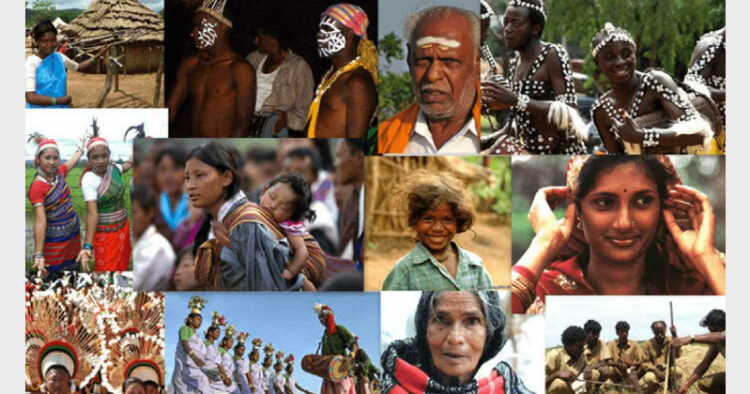"The child is taken to school, and the first thing he learns is that his father is a dolt, the second thing that his grandfather is a lunatic, the third thing that all his teachers are hypocrites, the fourth that all the sacred books are lies. By the time he is sixteen, he is a mass of negation, lifeless and boneless".
Swami Vivekananda in his statement reflects his anguish towards the mentality of Christian missionaries, who were converting the masses by spreading fallacy about Hindu culture and civilization in the society. As far as the tribal belt is concerned, probably nothing has changed in the last two centuries. The work of Christian missionaries in India has been in doubt since the British colonial period. With few exceptions in these 200 years, they aimed to spread confusion in society and strengthen the fabric of religious conversion. Following a debate in the British Parliament in 1813 about expanding missionary work in India, they encouraged religious conversion in the name of bringing constructive and civilized reforms to society.
Despite their significant efforts, the enslaved civilization has preserved the integrity of its glorious civilization and culture. Indian society awakened and gradually took firm steps towards its magnificent culture. The missionary's policy of envisaging common religion between Indians and Indian rulers (Viceroy) had failed miserably. Christian missionaries turned their attention to the tribal groups that were deprived of the mainstream of society. Tribal cultures respected nature and realized the importance of its preservation. They were not only classified as uncivilized but also exploited for years.
Missionaries instigated them to convert, citing unusual references about their traditional customs and beliefs. Directly or indirectly, this work has been going on interminably. Even after independence, the wrong policies of the national and state governments at the time made the missionaries' mischief easier. But in recent years, a new consciousness has accumulated in the tribal society. The indigenous people have realized that by referring to Jesus Christ as an incarnation of Shiva or, on rare occasions, Buda dev, Christian missionaries could convert them to Christianity while also progressively removing them from their culture and traditions. Joseph Kerketta (name changed), age 46 years (a primary teacher by profession says that we can never leave our old customs even if we have to change our religion again for this. It reflected the ancient heritage of our tradition.
We follow the Hindu customs and traditions, even though there is pressure from the chaplain to leave them. He further explains that people are slowly becoming aware now. They have understood that our customs and deities have nothing to do with Christianity. The vocal voices rising against Christian missionaries from Jharkhand and Chhattisgarh in recent days result from this. The mission, which has been promoting religious conversion for years, has driven a small but significant population of the tribal group away from their traditional customs and banished them from their society. The people who are demanding a separate identity by calling themselves Adivasis, knowingly or unknowingly, have become a part of the mentality that fragments the tribal society. Therefore, the new consciousness that has accumulated in the tribal groups must be emphasized. They need to be told that you are an integral and inexhaustible part of this sacred Sanatan culture. Only by taking significant steps to incorporate such tribes into the mainstream will tribal groups be saved from the clutches of missionaries.













Comments